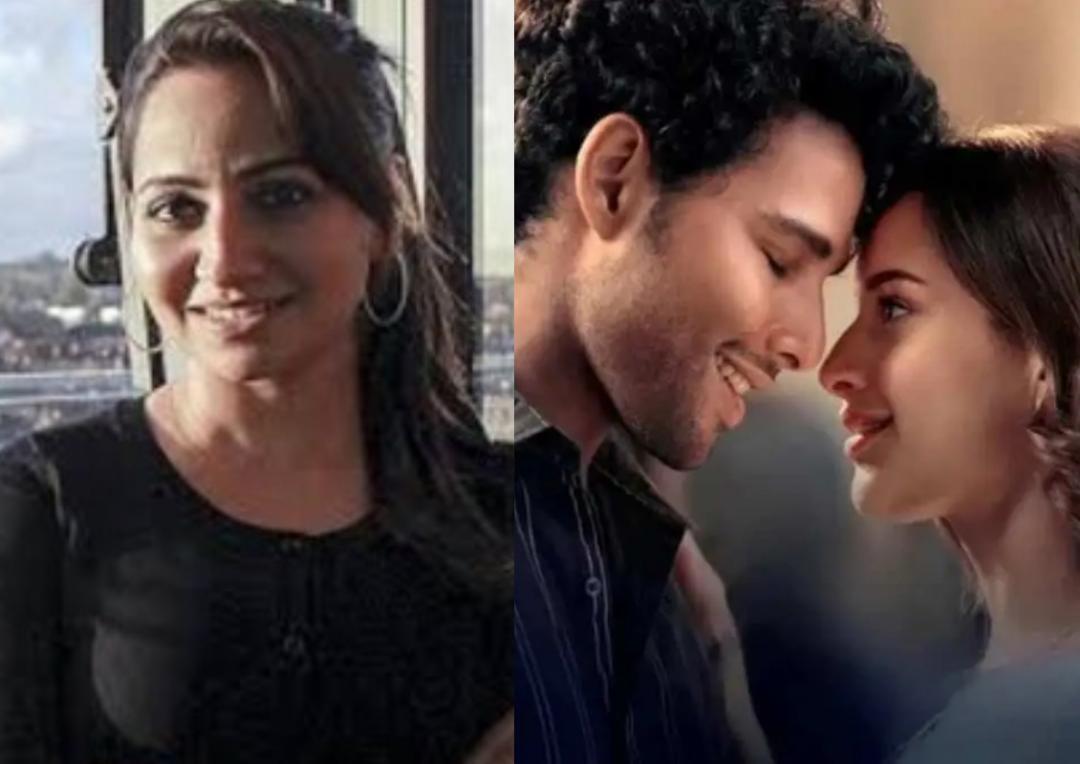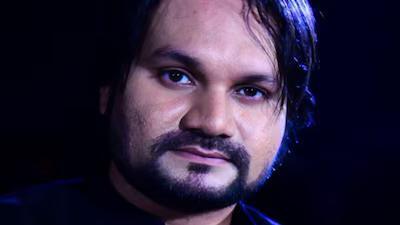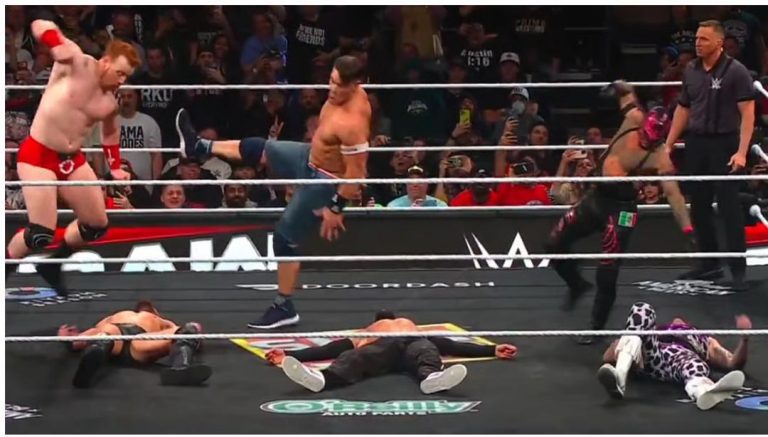
Does ‘Dhadak 2’ Compel Studios to Discuss Caste in Cinema?: Shazia
The Indian film industry, particularly Bollywood, has been criticized for its lack of representation and portrayal of socially relevant issues. The latest controversy surrounding the critically acclaimed film ‘Dhadak 2’ has sparked a debate about the industry’s willingness to address caste and socially relevant topics. Director Shazia Iqbal’s recent statement has shed light on the issue, sparking a broader conversation about the industry’s priorities.
Shazia Iqbal, the director of ‘Dhadak 2’, recently expressed her frustration with the film industry’s lack of support for critically acclaimed and socially relevant films. In an interview, she questioned the industry’s priorities, stating, “I’m uncertain how much…the fact that [‘Dhadak 2’] is the first film to address caste powerfully matters to most Bollywood producers and studios…Do they feel compelled to create socially relevant films and openly discuss caste in cinema?”
Iqbal’s comments come as no surprise, given the industry’s long-standing reputation for prioritizing commercial success over artistic merit and social relevance. The lack of representation and portrayal of socially relevant issues, such as caste, has been a persistent issue in Indian cinema. ‘Dhadak 2’, which was released in 2020, was a bold attempt to address the issue of caste and its impact on Indian society.
The film, which was based on a real-life event, told the story of two young lovers from different castes who face societal pressure and violence due to their relationship. The film’s portrayal of caste and its consequences was widely praised by critics and audiences alike. However, the film’s commercial performance was disappointing, which has raised questions about the industry’s willingness to support films that tackle socially relevant issues.
Iqbal’s statement has sparked a broader conversation about the industry’s priorities and the need for more representation and portrayal of socially relevant issues. The lack of representation and portrayal of socially relevant issues is not limited to caste, as other issues such as gender, sexuality, and disability are also underrepresented in Indian cinema.
The Indian film industry has a rich history of producing socially relevant films that have addressed various social issues, such as national integration, social justice, and equality. However, in recent years, the industry has shifted its focus towards commercial success and has prioritized films that cater to a broader audience, often at the expense of artistic merit and social relevance.
The lack of support for socially relevant films is not limited to the film industry alone. The Indian entertainment industry, including television and web series, has also been criticized for its lack of representation and portrayal of socially relevant issues. The industry’s priorities are often driven by commercial success, and socially relevant films are often seen as a risk.
However, there are signs of change in the industry. The rise of independent filmmakers and streaming platforms has created new opportunities for socially relevant films to be made and distributed. The success of films like ‘The Lunchbox’ and ‘Masaan’, which tackled socially relevant issues, has shown that there is a market for these types of films.
In conclusion, Shazia Iqbal’s statement has highlighted the need for the Indian film industry to prioritize socially relevant films and address issues like caste and social inequality. The industry’s lack of support for these types of films has led to a lack of representation and portrayal of socially relevant issues, which is a major concern. The industry’s priorities need to shift towards artistic merit and social relevance, and the success of films like ‘Dhadak 2’ is a step in the right direction.
Sources:






